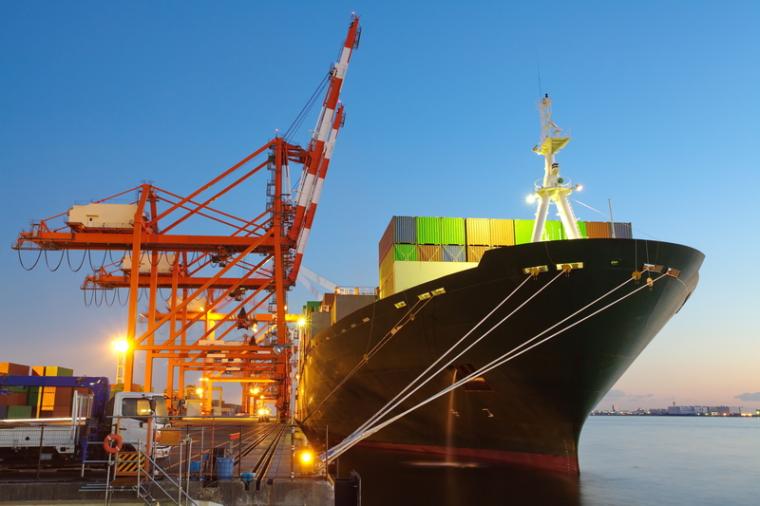
Legislation, developed by the American Association of Port Authorities (AAPA), addressing overreach from U.S. Customs and Border Protection (CBP) at port facilities, was introduced in the U.S. House of Representatives. Congresswomen Laurel Lee (R-FL) and Marie Gluesenkamp Perez (D-WA) are the lead sponsors of the CBP SPACE Act.
“CBP is an indispensable partner in the important work of America’s seaports and we are incredibly grateful for all the agency does to protect our nation and economy,” said Cary Davis, AAPA President and CEO. “The agency's costs and other operational needs, however, are historically and Constitutionally a responsibility of the Federal Government, not of ports. Thank you to Congresswomen Lee and Gluesenkamp Perez for recognizing that the government is obligated to pay for customs inspections so ports can focus on other upgrades to keep cargo moving.
“Seaports contribute trillions of dollars to our economy every year while protecting our communities from dangerous contraband and harmful diseases. Customs and Border Protection (CBP) plays a critical role in helping our ports screen incoming cargo and visitors every day,” said Rep. Laurel Lee. “However, recent demands from CBP requesting ports pay for new and expensive equipment are highly concerning. What is more concerning is that CBP has threatened to reduce CBP officers at some ports and threatened to cease operations at others should their demands not be met. The lack of resources is both a major threat to our national security and would only further strain our congested supply chains. This bill ensures a portion of the Merchandise Processing Fees (MPF) will be used to fund CBP’s salaries, expenses, and capital costs associated with inspection operations. The security of our ports should not be hamstrung by CBP's failure to properly allocate funds.”
“Ports are critical to our economy in Southwest Washington. I’m grateful for Rep. Lee’s partnership on this bipartisan legislation to properly fund inspection services and ensure local small businesses don’t carry the expense of ensuring our imports are fentanyl-free,” said Rep. Gluesenkamp Perez.
“Port Tampa Bay and all of America’s seaports would frankly not be able to provide the service and value we do without the strong cooperation and vigilant service of CBP,” shared Paul Anderson, Port Tampa Bay President and CEO and AAPA Board Chair. “I am excited about this legislation from Representatives Lee and Gluesenkamp Perez that will provide CBP with what they need to keep us safe and secure while also protecting ports’ ability to continually modernize assets to keep goods moving quickly and safely through our supply chain.
"A resilient and strong national supply chain is only possible when ports and CBP are working together well," stated Julianna Marler, Port of Vancouver USA CEO and AAPA Board Member. "On behalf of my port and every other global trade gateway, I extend my sincere thanks to Representatives Lee and Gluesenkamp Perez for introducing this legislation that would set up a dedicated revenue source for CBP to execute its mission at our facilities."
In short, the legislation provides CBP and its facilities with the resources it needs by setting up a sustainable funding mechanism via existing user fees it already collects. Further, it better defines the relationship between ports and CBP in the customs and inspections process.
This issue has been an area of uncertainty at America’s seaports for several years. AAPA raised this issue publicly before a Congressional hearing of the U.S House Homeland Security Subcommittee on Border Security, Facilitation, and Operations in January 2022.

There are no comments
Please login to post comments